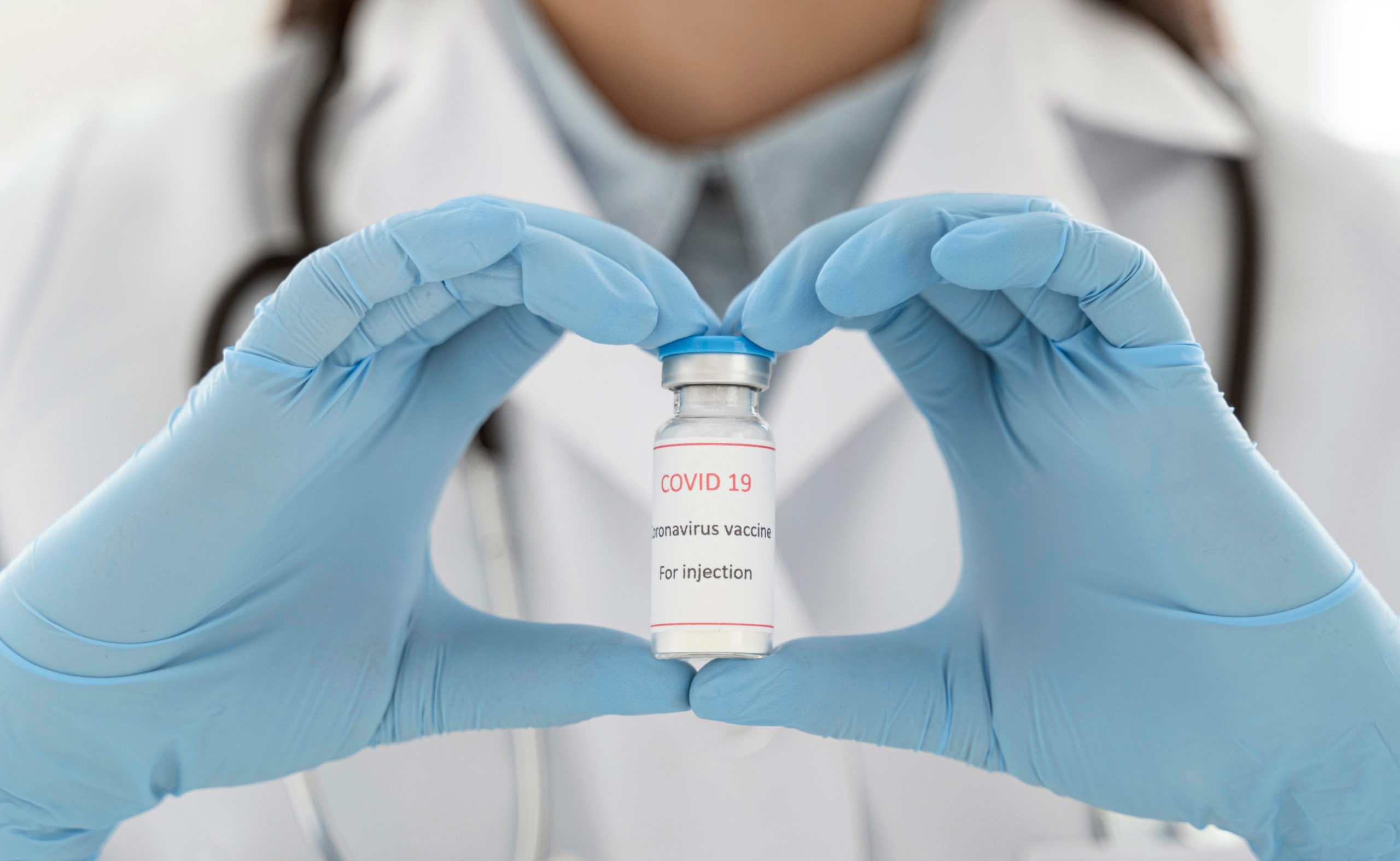COVID-19 vaccines: What to know about your second dose

Are you ready for your second dose of a COVID-19 vaccine?
If your first vaccine was from Pfizer-BioNTech, you should receive your second shot three weeks later. If it was from Moderna, the second shot should come four weeks later.
As you get ready for your second dose, here are answers to some questions you may have.
Q. What if I can’t get my second shot by the recommended date?
A. It’s OK if you can’t get your booster dose on the exact date it’s due. According to the Centers for Disease Control and Prevention, your second dose can be given up to six weeks after the first. Still, you should try to get your shot as close to the recommended time frame as possible, but not earlier than recommended.
Q. Can I switch to a different vaccine for the second dose?
A. Your second dose should be with the same vaccine as your first. There is no evidence that getting a mix of vaccines would be dangerous or less effective. But they have not been studied this way. Unless there is some overriding issue, it’s best to stick with your original vaccine.
Q. If I got COVID-19 after my first shot, should I still get a second dose?
A. Yes, but you should wait until you recover from your illness to get the second shot. If you were treated for COVID-19 with either monoclonal antibodies or convalescent plasma, you should wait for 90 days before getting the second shot.
Q. Why are the side effects from the second dose sometimes worse than the first?
A. A number of people have reported worse side effects after receiving their second shot. These are commonly seen:
- Fatigue
- Chills
- Headache
- Muscle aches and pains
- Fever
These symptoms may be unpleasant, but they’re a sign that your body has already built some immunity to the virus and is having a strong immune response. But keep in mind, not having those symptoms doesn’t mean your shots haven’t worked. Not everyone has side effects. The development of side effects from either the first or second shot varies and is specific to each person.
Q. What happens if I decide to skip my second vaccine?
A. The vaccines have been found to be about 95 percent effective in preventing severe disease. But that’s only with two doses. You won’t be fully immunized if you don’t get that second shot.
Q. How soon after my second vaccine will I be protected?
A. You’ll be fully immunized about two weeks after getting your second shot. After that, you should have very little chance of getting severely ill from COVID-19.
Additional resources for COVID-19
- For information specific to New York State’s vaccine distribution plan, visit health.ny.gov.
- For information on the COVID-19 vaccines, visit cdc.gov.
- CDPHP members can find details about coronavirus coverage on our COVID-19 information and resources page.
 The Daily Dose
The Daily Dose
Comments are closed.